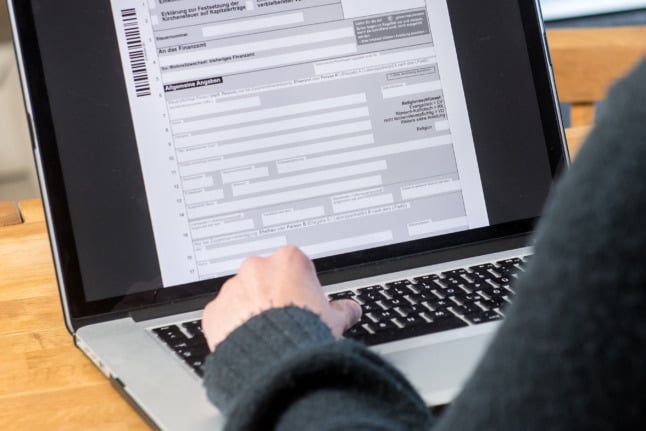The woman, Juliane L., had been employed as a care worker at a facility for disabled children for more than three decades, when she was fired in February without notice over accusations that she ate a colleague’s chocolate bar worth €2.50, and also used a work washing machine for private purposes.
The employer had argued that these were violations of house rules, and that she had repeatedly stolen other items. Aside from the chocolate bar, the employer said she had taken a colleague’s bag without consent and given it to a student as a “secret Santa” gift.
At the age of 64, Juliane L. was up for retirement in just a few years.
A Heidelberg court found that the personal use of a facility washing machine had not been explicitly forbidden, and that the fate of the €10 bag could not be clarified. Therefore the only remaining allegation was regarding the chocolate bar.
But the judge also noted that the chocolate bar had been replaced.
“Infringing on someone's property is still not funny,” said judge Daniel Obst.
The two parties agreed to the terms of a settlement suggested by Obst, stipulating that Juliane L. would accept a formal disciplinary warning for consuming the chocolate, and that her employment contract would resume.
“We do not want to hurt the woman,” said employer spokesman for SRH-Gruppe Nils Birschmann.
He added that the woman's termination was not so much about the chocolate bar, but about setting an example for the children at the centre.
“With my head held high, I have done nothing wrong,” said the 64-year-old. “I do not feel relieved.”
A similar case also in Heidelberg was heard in court as well on Thursday. A journalist was fired without notice from her local publication because she was using the office mail system for personal mail. The total cost of the postage she used: €3.70.
SEE ALSO: German court rules bosses can't use keyboard-tracking software to spy on workers





 Please whitelist us to continue reading.
Please whitelist us to continue reading.